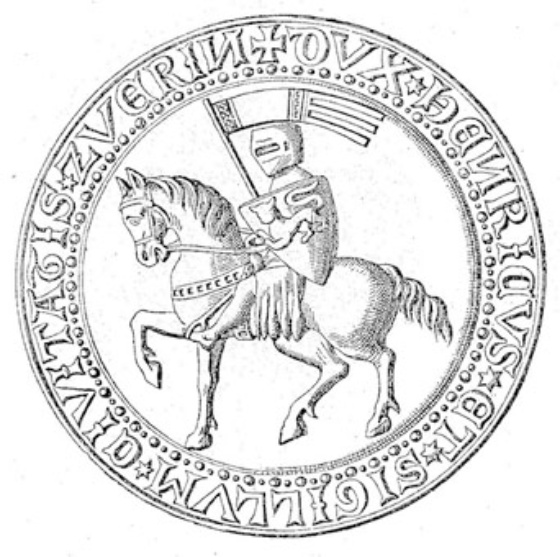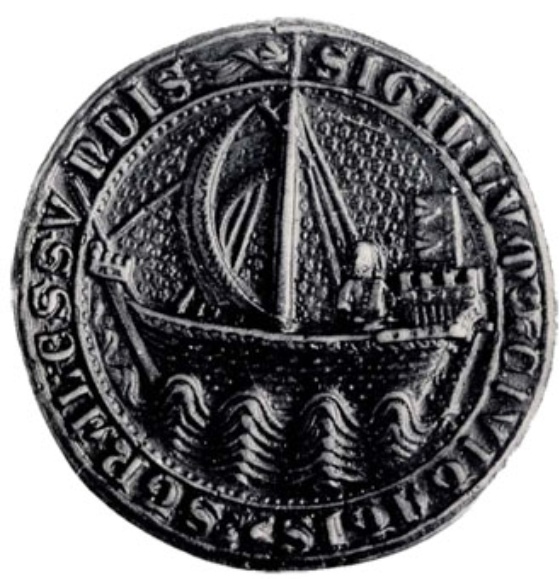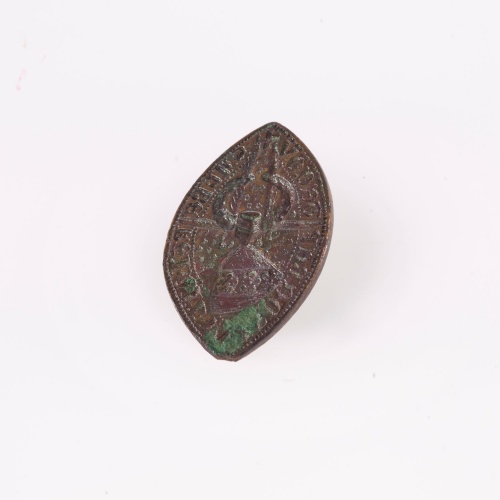Mecklenburg initially only covered one third of the later area. Comprehensive territorial rule was hindered by the distribution of estates. The first divided the Obotrite legacy into the counties of Mecklenburg, Rostock, Werle-Güstrow and Parchim-Richenberg in 1229/1235. Local landlords became supporters of the new regime.
Wealthy landowners became territorial rulers who founded towns where merchants and craftsmen settled. Priests and monks founded convents. They brought Christianity into the state and arranged for the construction of basilica and hall churches. Parishes involved all residents in the organisation of the church municipality. Craftsmen in the towns and villages were organised into guilds. Some of them exported their products.



